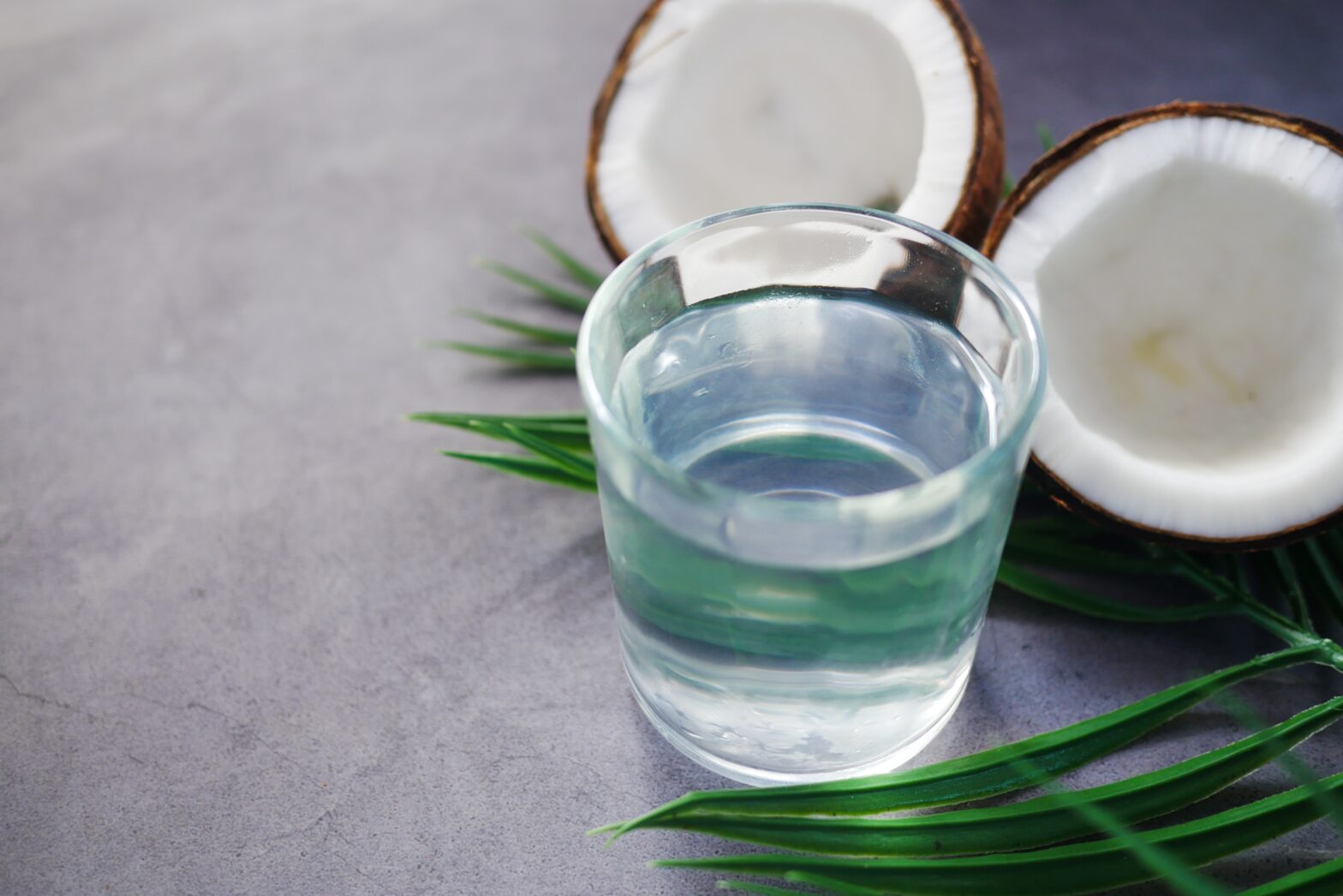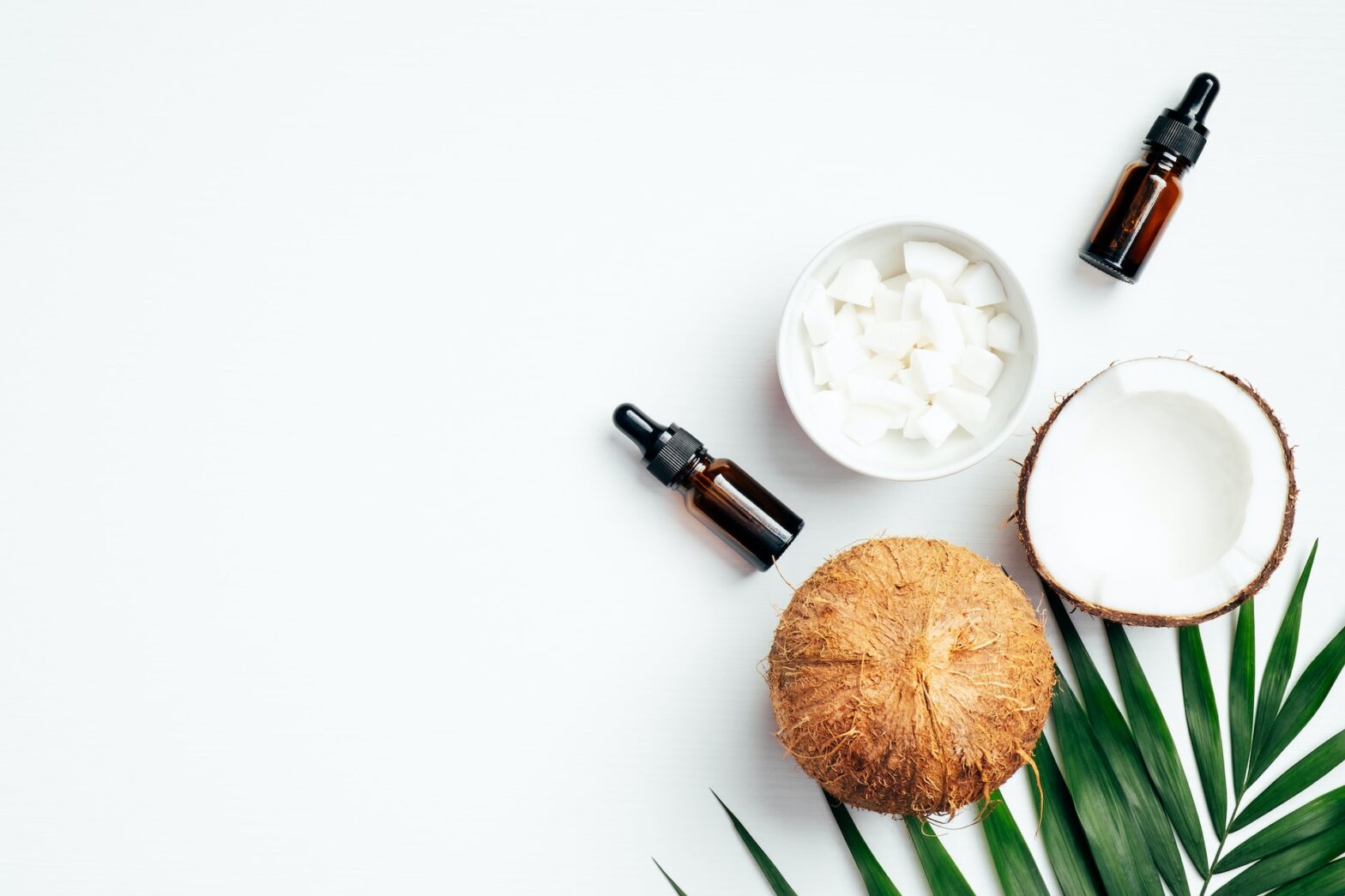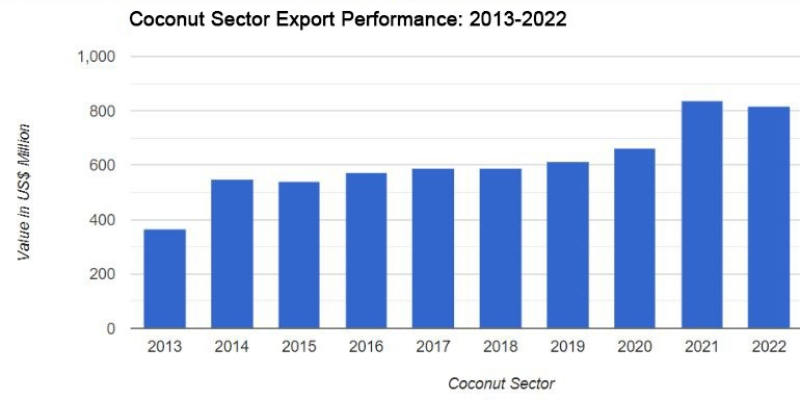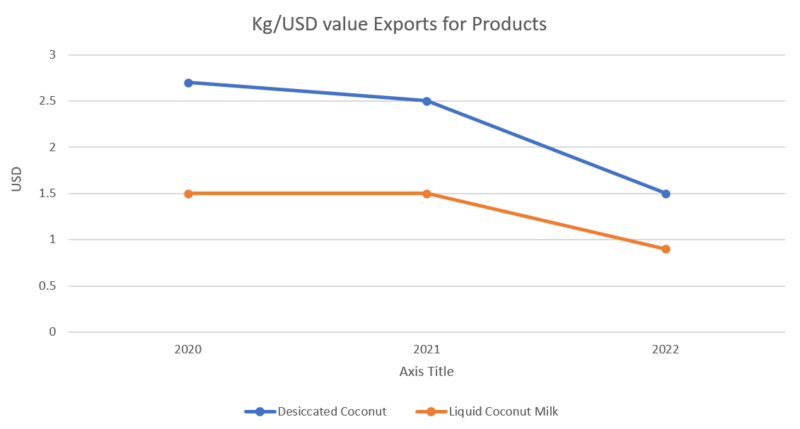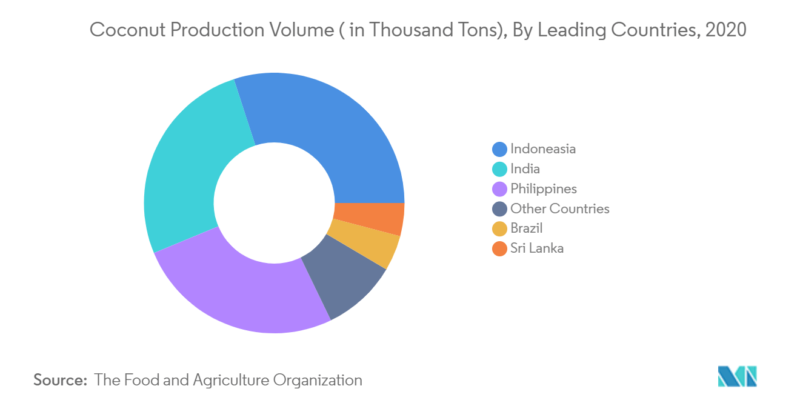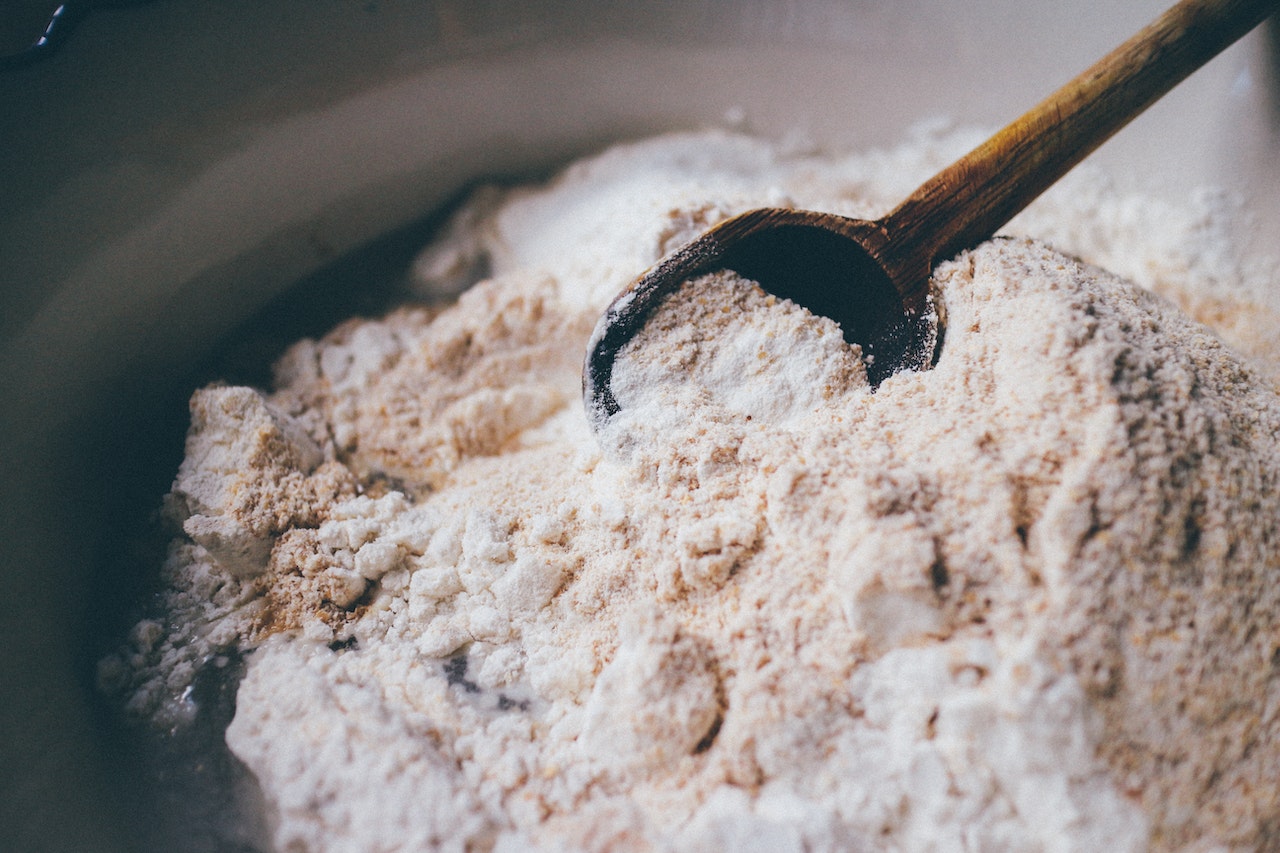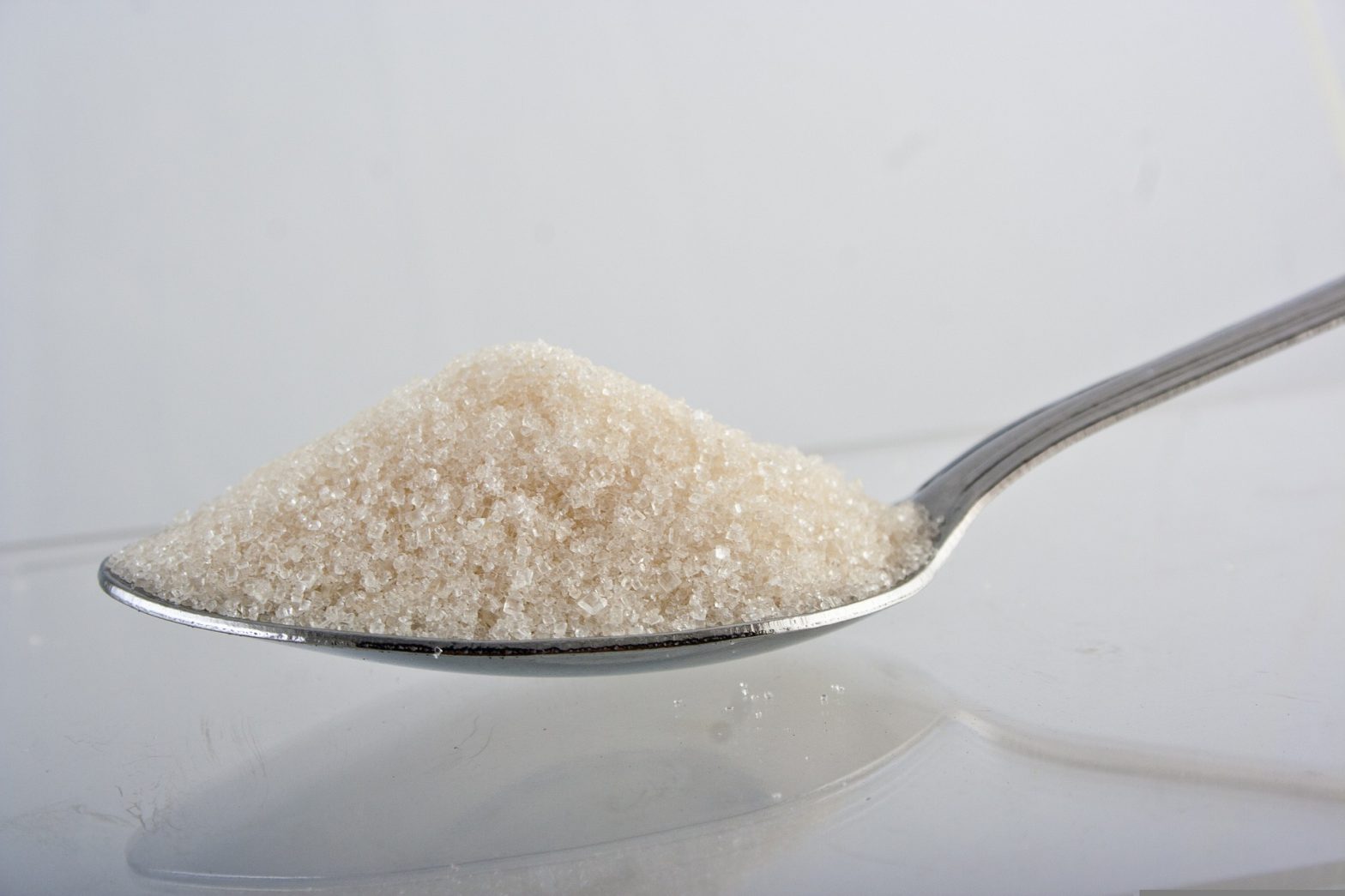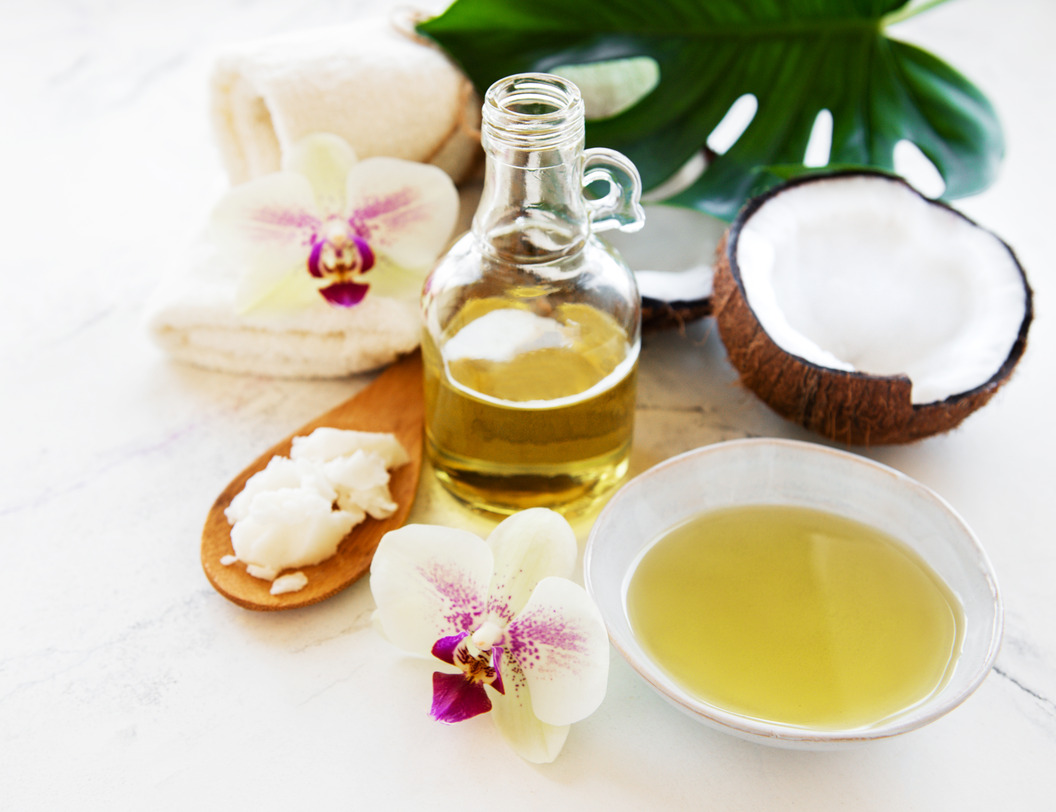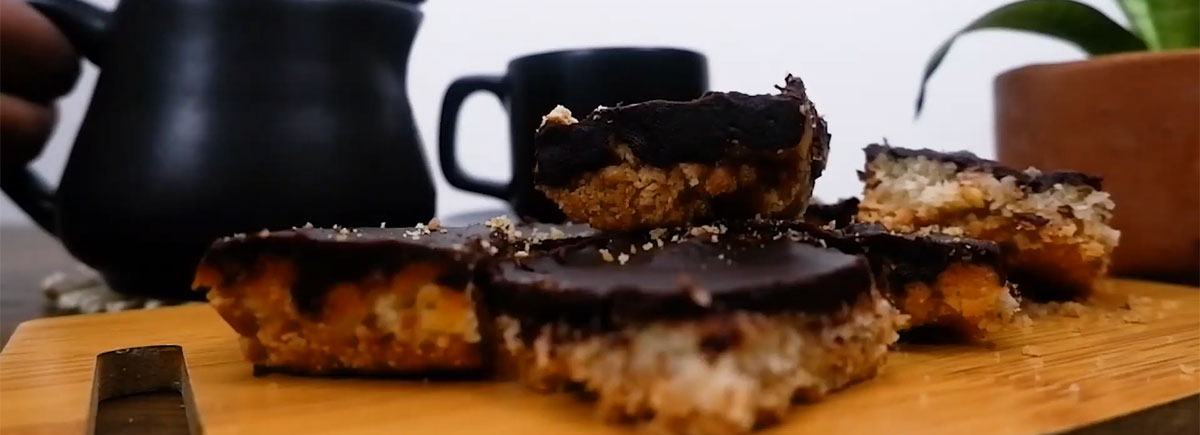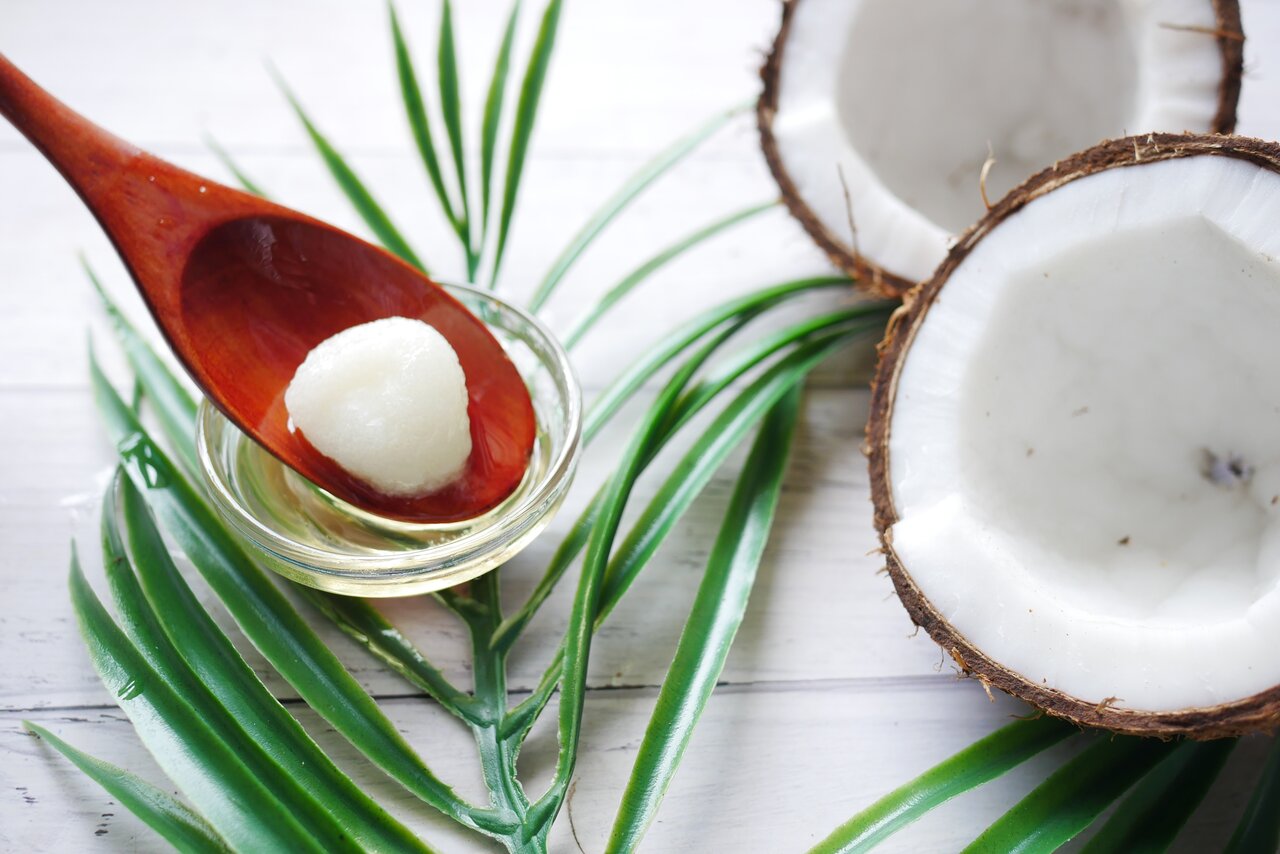In the wellness-conscious era we live in, people are continuously searching for natural substitutes that provide both health benefits and a delightful taste. Coconut water, a lusciously refreshing beverage directly extracted from the heart of green young coconuts in Sri Lanka’s renowned coconut triangle, has been gaining remarkable attention worldwide.
Procured from our own coconut processing facility in Sri Lanka, Export Lanka’s coconut water is not just a thirst-quenching drink, but also a rich natural source of electrolytes, including potassium, that promote hydration, nutrient absorption, and overall health wellness. As a low-calorie, high-nutrient drink, coconut water provides a great hydration alternative over artificially sweetened energy drinks, catching the eye of health aficionados.
Aside from its hydration benefits, coconut water fosters various health benefits, including promoting heart health, supporting kidney function, and even providing antioxidants to fight off oxidative stress. With a myriad of advantages, it’s no surprise that coconut water has found its place in the health and wellness sphere.
Beyond hydration and health benefits, coconut water has also creatively inspired mixologists and chefs across the world to create innovative beverages and recipes. Whether as a base for smoothies, marinades, or exotic cocktails, coconut water brings a touch of tropical freshness to the culinary scene.
In this blog post, we explore the health benefits of coconut water, unique recipes featuring this super hydrating drink, and the most recent PR developments concerning coconut water’s increased popularity. Embark on this journey with us to unlock the extraordinary benefits of Export Lanka’s coconut water, a health gem that conducts the flavorful symphony of wellness and delight.
The Health Benefits of Coconut Water: Hydration and Beyond
Besides being a naturally refreshing beverage, coconut water is known for its abundance of essential nutrients and health advantages. Export Lanka’s premium-quality coconut water is brimming with electrolytes such as potassium, sodium, and magnesium, which perform vital functions in the body, including maintaining proper fluid balance and supporting muscle function.
Apart from its hydrating properties, coconut water also boasts various health benefits. Studies have shown that it can help reduce blood pressure, owing to its high potassium content. Additionally, antioxidants present in coconut water can prevent oxidative stress, safeguarding cells from damage and supporting overall well-being.
Research has also suggested that coconut water can contribute to maintaining kidney health by preventing the formation of kidney stones. Thanks to its naturally low-calorie and low-sugar content, coconut water is a healthier alternative to traditional sugar-laden beverages. With a multitude of health benefits on offer, it’s evident why coconut water has become a popular wellness ingredient across the globe.
Culinary Delights: Incorporating Coconut Water into Your Recipes
Coconut water’s versatility extends beyond its health advantages – it has also found its way into the culinary world as a unique ingredient in various dishes and beverages. Here are some innovative ways to bring the magic of coconut water into your home:
- Smoothies and Shakes: The sweet and tropical taste of coconut water makes it a perfect base for smoothies and shakes. Its natural electrolytes will keep you hydrated, while its refreshing flavour blends seamlessly with fruits, vegetables, and even protein powders.
- Soups and Broths: Adding coconut water to soups and broths introduces a unique depth of flavour that elevates the overall dining experience. Experiment with your favourite soup recipes by swapping part of the water or stock with coconut water for a distinctive tropical twist.
- Marinades and Sauces: Coconut water’s subtle sweetness can balance the taste of savoury dishes when used in marinades and sauces. Try marinating meat or fish in a mixture of coconut water, herbs, and spices for tender, flavourful results.
- Exotic Cocktails and Mocktails: Replace traditional mixers with coconut water to create invigorating tropical cocktails and mocktails. Adding coconut water to classics like a Mojito or Piña Colada will provide a fresh and distinctive taste that is sure to impress your guests.
Tantalizing Coconut Water Recipes to Try
Ready to embrace coconut water in your culinary experiments? We’ve curated a list of mouth-watering recipes that showcase the diverse ways coconut water can elevate dishes and beverages:
- Tropical Coconut Water Smoothie: Blend together coconut water, frozen mango, pineapple, banana, and a dollop of yoghurt for a revitalising and hydrating smoothie that transports you to the tropics.
- Coconut Water Gazpacho: Enrich a traditional gazpacho with a touch of coconut water, infusing it with a subtle sweetness alongside the standard ripe tomatoes, peppers, cucumber, and spices.
- Coconut Water Braised Chicken: Braise chicken thighs in a mixture of coconut water, lime juice, garlic, ginger, and chilli for a succulent, flavoursome dish packed with a medley of tempting aromas.
- Virgin Coconut Pina Colada: For a non-alcoholic version of the classic Piña Colada, shake together coconut water, pineapple juice, coconut cream, and a drizzle of honey. Top with crushed ice and garnish with pineapple wedges and cherries for an idyllic tropical beverage.
PR Developments in the Coconut Water Industry
In recent years, PR developments have focused on coconut water’s myriad health benefits and sustainable production, bolstering its increasing popularity worldwide. Notable athletes and celebrities have endorsed coconut water’s hydrating properties, benefitting active individuals and those seeking healthier alternatives to traditional beverages.
Manufacturers, such as Export Lanka, take pride in offering high-quality coconut water sourced from sustainable farming practices. As a result, this not only assures the premium quality of the product but also fosters an eco-conscious and environmentally friendly approach in the industry. This commitment to sustainability has further cemented coconut water’s reputation as an ideal choice for the health-conscious and environmentally aware consumer.
In Conclusion
Coconut water’s emergence as an indispensable wellness ingredient and a versatile culinary addition has undoubtedly transformed it into a global sensation. The delectable combination of health benefits, delightful taste, and environmental mindfulness makes it an ideal choice for those seeking natural and sustainable products.
Embrace the magic of Export Lanka’s premium coconut water and welcome a world of rejuvenation, well-being, and culinary inspiration. Whether enjoyed as a refreshing drink, a unique twist in your recipes, or shared with loved ones in tropical-inspired beverages, coconut water never ceases to enchant the senses and contribute to a healthier, more vibrant lifestyle. If you are looking for incredible coconut water and other coconut products, check out what we have to offer!




